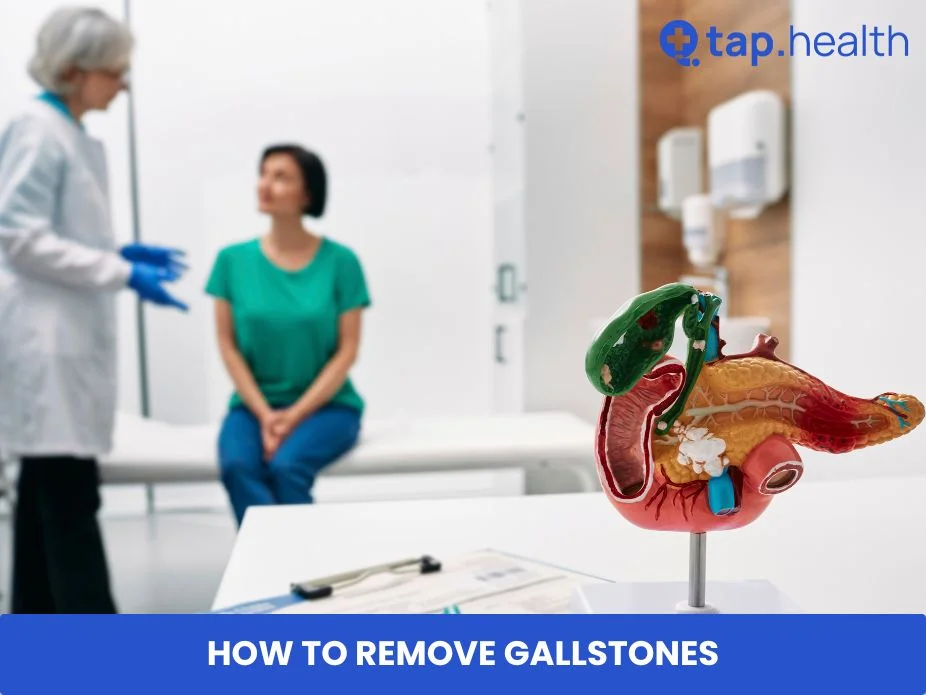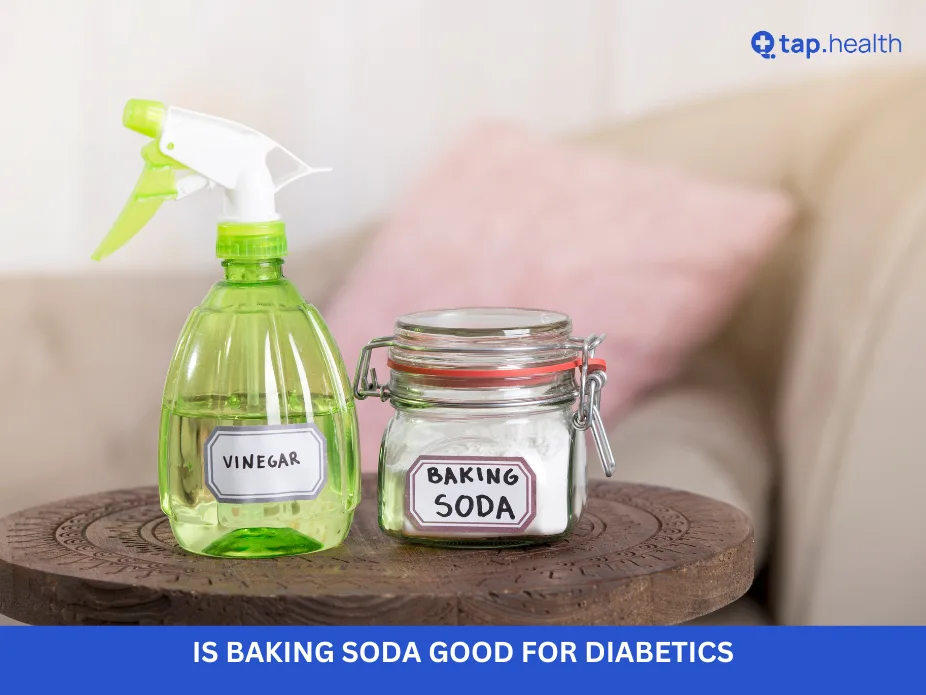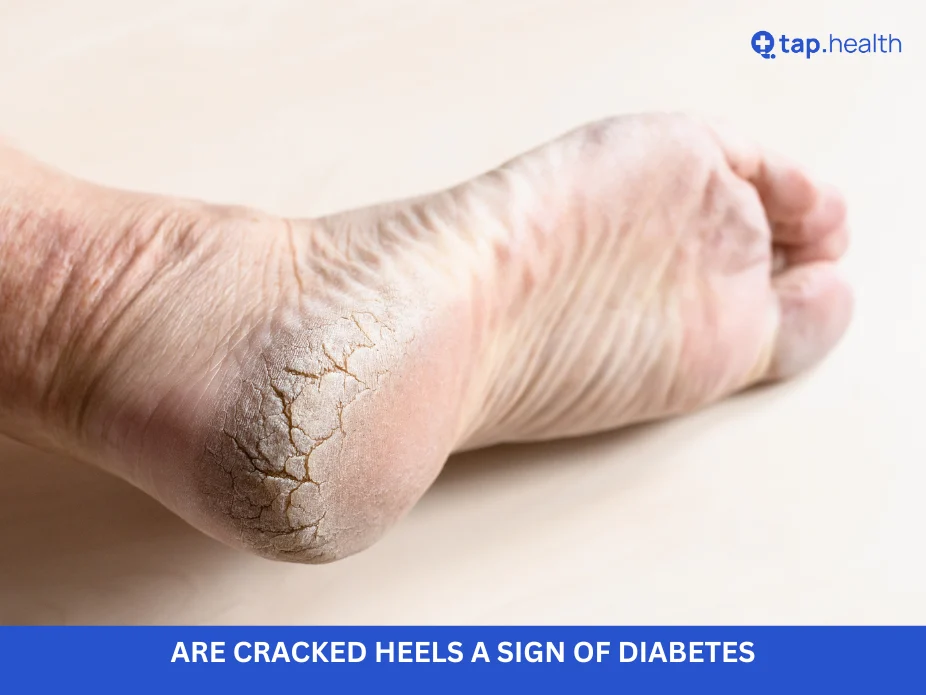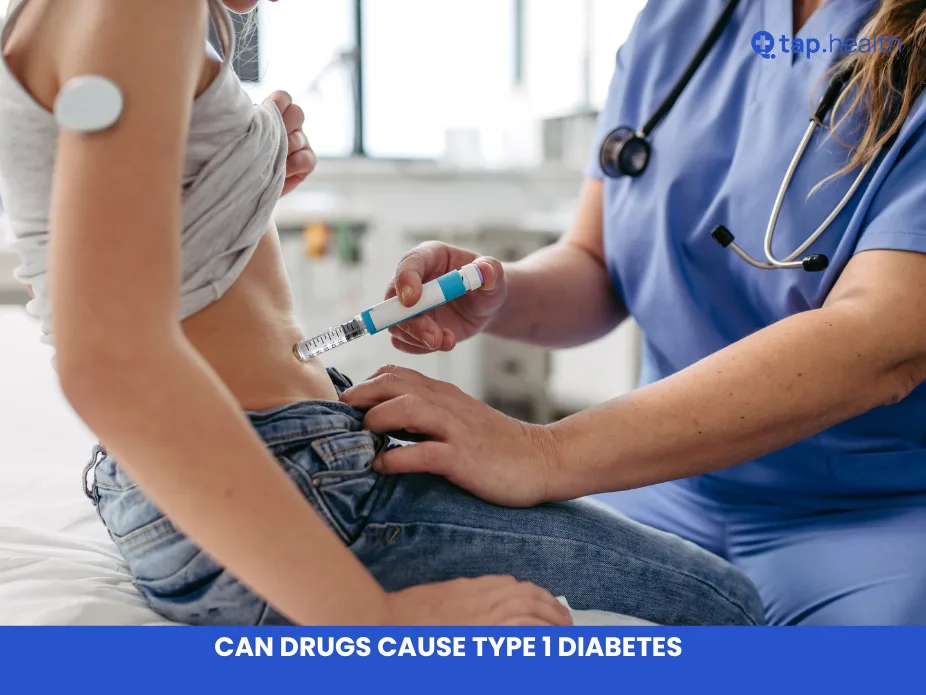Gallstones are hardened deposits in the gallbladder that can cause pain and complications. Understanding how to remove gallstones involves exploring home remedies, medical treatments, and surgical options. This guide provides a concise overview of gallstone causes, symptoms, and solutions, addressing common questions like “Can gallstones be dissolved naturally?” and “What is the best treatment for gallstones?”
What Are Gallstones and Their Symptoms?
Gallstones are solid particles formed in the gallbladder, often due to imbalances in bile components. They range in size and may remain asymptomatic or cause significant discomfort.
Common Symptoms of Gallstones:
- Abdominal Pain: Sharp pain in the upper right abdomen, radiating to the back or shoulder.
- Nausea and Vomiting: Often accompanies severe pain.
- Indigestion: Bloating, gas, or burping after meals.
- Jaundice: Yellowing of skin or eyes if bile ducts are blocked.
- Urine and Stool Changes: Dark urine or pale stools due to bile obstruction.
What Causes Gallstones to Form?
Gallstones develop when bile composition is disrupted. Key causes include:
- Excess Cholesterol: High cholesterol in bile can crystallize into stones.
- Excess Bilirubin: Conditions like cirrhosis increase bilirubin, forming pigment stones.
- Concentrated Bile: Poor gallbladder emptying leads to bile concentration.
- Risk Factors: Obesity, high-fat diets, rapid weight loss, and low-fiber diets.
What Are the Types of Gallstones?
Gallstones are classified into two main types:
- Cholesterol Gallstones: Most common, formed from hardened cholesterol.
- Pigment Gallstones: Smaller, darker stones made of bilirubin, often linked to liver conditions.
Can You Dissolve Gallstones Naturally?
Home remedies may help manage symptoms or support gallbladder health but are not guaranteed to dissolve gallstones. Always consult a doctor before trying these remedies.
1. Apple Cider Vinegar
- How It Works: May reduce cholesterol in bile.
- Usage: Mix 1 tablespoon with warm water, drink daily.
- Caution: Can erode tooth enamel; use sparingly.
2. Lemon Juice
- How It Works: Vitamin C may break down cholesterol.
- Usage: Drink fresh lemon juice with water each morning.
- Caution: Not a substitute for medical treatment.
3. Dandelion Tea
- How It Works: Supports liver and bile production.
- Usage: Drink dandelion root tea regularly.
- Caution: Consult a doctor if you have gallbladder disease.
4. Milk Thistle
- How It Works: Silymarin promotes bile flow and liver health.
- Usage: Take supplements or tea as directed.
- Caution: Follow dosage guidelines to avoid side effects.
5. Peppermint Tea
- How It Works: Menthol reduces gallbladder spasms.
- Usage: Drink peppermint tea daily.
- Caution: May worsen acid reflux in some people.
6. Psyllium Husk
- How It Works: Fiber binds bile acids, reducing cholesterol stones.
- Usage: Mix with water, drink daily.
- Caution: Stay hydrated to prevent constipation.
7. Turmeric
- How It Works: Curcumin enhances bile solubility.
- Usage: Add to diet or take supplements under supervision.
- Caution: High doses may cause side effects.
8. Beetroot Juice
- How It Works: Betalains detoxify the liver, aiding bile flow.
- Usage: Drink fresh beetroot juice daily.
- Caution: May cause pink urine (harmless).
9. Pear Juice
- How It Works: Pectin softens gallstones.
- Usage: Drink regularly to support gallstone dissolution.
- Caution: Not a complete treatment for severe cases.
What Medical Treatments Are Available for Gallstones?
When home remedies are insufficient, medical interventions can help.
1. Oral Dissolution Therapy
- What It Is: Medications like ursodiol dissolve cholesterol stones.
- Effectiveness: Takes months or years; not suitable for all patients.
- Best For: Non-surgical candidates with small stones.
2. Shock Wave Lithotripsy
- What It Is: Sound waves break gallstones into smaller pieces.
- Effectiveness: Non-invasive but may require multiple sessions.
- Best For: Patients unable to undergo surgery.
3. Endoscopic Retrograde Cholangiopancreatography (ERCP)
- What It Is: Removes stones from bile ducts using an endoscope.
- Effectiveness: Minimally invasive, effective for bile duct blockages.
- Best For: Cases with bile duct obstructions.
4. Bile Acid Pills
- What It Is: Pills like ursodeoxycholic acid reduce bile cholesterol.
- Effectiveness: Slow process, often combined with other treatments.
- Best For: Non-surgical patients with cholesterol stones.
When Is Surgery Necessary for Gallstones?
Surgery is often the most effective solution for symptomatic gallstones.
1. Laparoscopic Cholecystectomy
- What It Is: Minimally invasive gallbladder removal.
- Benefits: Short recovery, less pain, same-day discharge.
- Best For: Most gallstone cases with symptoms.
2. Open Cholecystectomy
- What It Is: Traditional surgery with a larger incision.
- Benefits: Effective for complex cases.
- Drawbacks: Longer recovery, higher risk of complications.
3. Gallstone Removal Surgery
- What It Is: Removes stones without gallbladder removal.
- Benefits: Preserves gallbladder function.
- Drawbacks: Stones may reform.
How Can You Prevent Gallstones?
Preventing gallstones involves lifestyle and dietary changes:
- Maintain Healthy Weight: Avoid obesity to reduce cholesterol in bile.
- Balanced Diet: Eat fruits, vegetables, whole grains; limit fats and cholesterol.
- Regular Exercise: Promotes healthy weight and bile flow.
- Gradual Weight Loss: Avoid rapid weight loss to prevent bile imbalance.
- Stay Hydrated: Keeps bile thin, reducing stone formation risk.
When Should You See a Doctor for Gallstones?
Seek medical help if you experience:
- Severe abdominal pain lasting hours.
- Jaundice or yellowing of skin/eyes.
- Fever, chills, or persistent nausea.
- Changes in urine or stool color.
Early diagnosis through ultrasound or imaging can prevent complications.
FAQs About Gallstone Removal
1. How do I know if I have gallstones? Symptoms like abdominal pain, nausea, or jaundice may indicate gallstones. An ultrasound confirms diagnosis.
2. Can diet alone remove gallstones? Diet can manage symptoms and prevent new stones but rarely dissolves existing ones. Medical treatment is often needed.
3. Are home remedies for gallstones safe? Home remedies may help with symptoms but can delay necessary treatment. Consult a doctor first.
4. How effective are medical treatments for gallstones? Treatments like dissolution therapy or lithotripsy work for some but are slow and not universally effective.
5. What is the best treatment for gallstones? Laparoscopic cholecystectomy is the most effective for symptomatic gallstones, offering quick recovery and lasting results.
Conclusion
Gallstones can cause significant discomfort, but various treatment options exist, from natural remedies to advanced surgical procedures. Home remedies like apple cider vinegar or turmeric may support symptom relief, but medical treatments like ERCP or surgery are often necessary for complete resolution. Preventive measures, including a balanced diet and regular exercise, can reduce the risk of gallstone formation. Always consult a healthcare professional for personalized advice and treatment plans.



